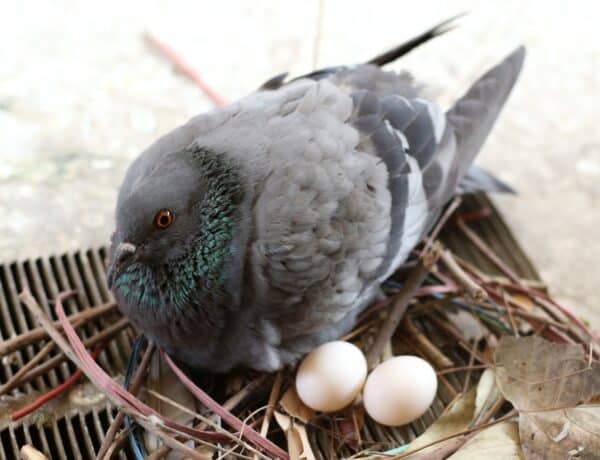Introduction
Rats are omnivores, which means they have a diverse palate and can consume a wide range of foods. This adaptability has led some rat owners to wonder whether grapes can be a part of their pets’ diet. Grapes do offer some nutritional benefits, as they are a source of vitamins and antioxidants. However, it’s essential to be aware of the potential pitfalls. Grapes, particularly in large quantities, have been associated with health issues in rats, including digestive problems and even kidney damage. This article will provide you with the knowledge you need to make informed decisions about whether, when, and how to offer grapes to your rat companions.
When it comes to the well-being of your pet rats, dietary choices play a significant role. Rats are susceptible to certain health issues, and what they eat can either contribute to their vitality or pose risks. Grapes contain natural sugars that, when consumed excessively, can lead to obesity and dental problems in rats. Additionally, grapes’ skin and seeds can be challenging for rats to digest, potentially causing digestive discomfort. To ensure the best care for your pet rats, it’s vital to strike a balance between providing a varied and nutritious diet while steering clear of foods that might harm their health.
Ultimately, whether rats can eat grapes safely depends on several factors, including their age, overall health, and individual preferences. In this comprehensive guide, we will explore the intricacies of rats and grapes, offering guidance on portion control, preparation, and alternative treats to maintain a healthy and happy life for your beloved rodent companions.



No Comments